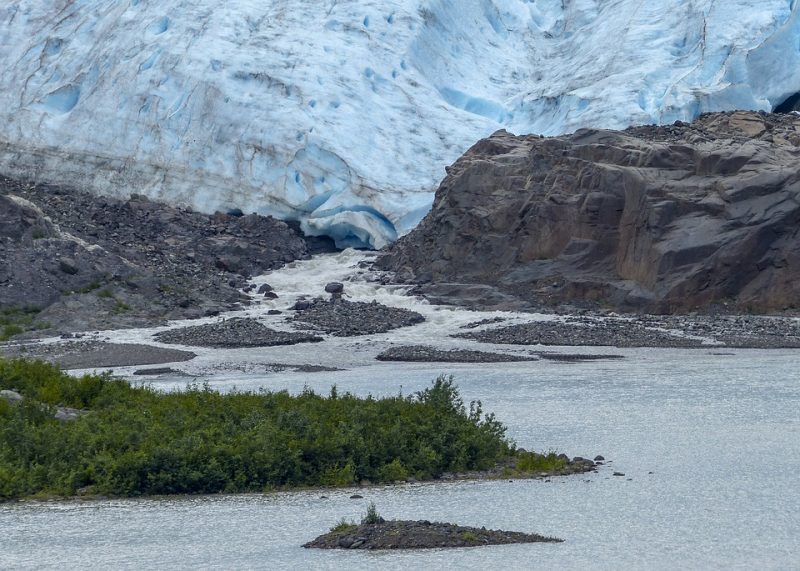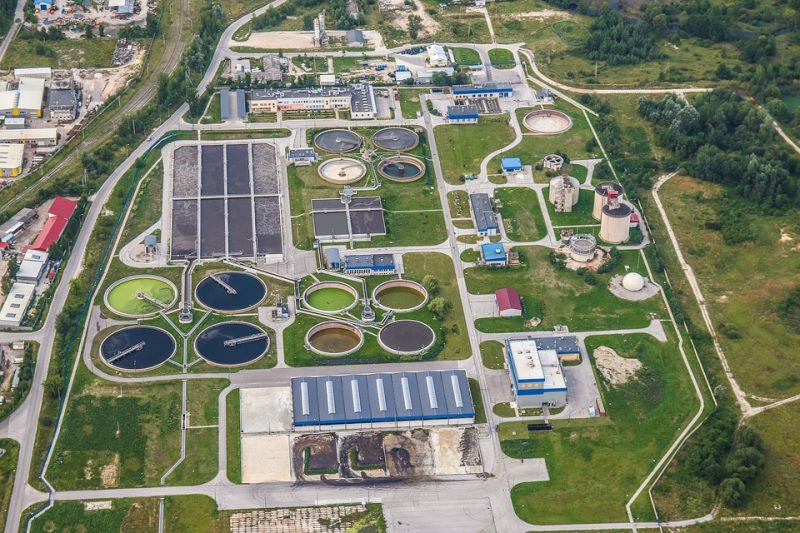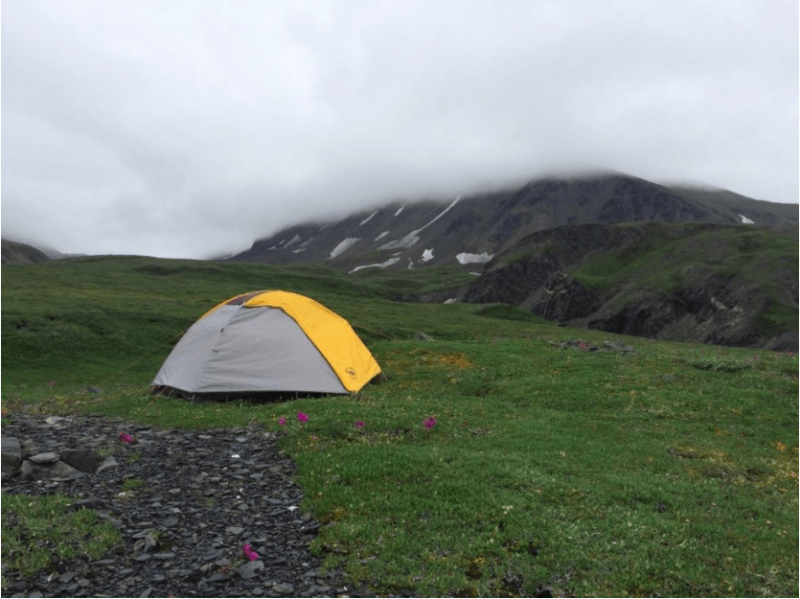RFID Technology Use In Hummingbirds To Understand Feeder Use And Their Contact Network In Urban Habitats

Sighting a single hummingbird feeder filled with birds at each feeding port with other birds hovering in the background waiting for their chance to feed…
Read more










